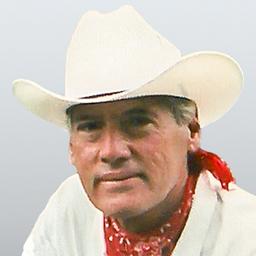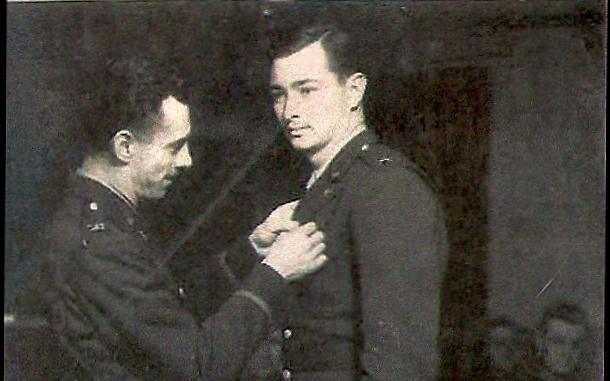There are few places on Earth that are truly free. Those wilderness areas that remain are so isolated or inhospitable that the land will not sustain life. Where visionaries have set aside natural reserves they have been beset by poachers, pollution, and human entry for economic gain. In a world of economy competing for natural resources, what will become of public lands in the United States that are now home to wild horses?
“Ranchers pay $1.35 per animal unit per month to graze on public lands,” said Karen Sussman, a prominent wild horse conservationist. “[An animal unit] consists of a cow and her calf. You can’t feed a hamster for that,” she said. Where else can ranchers graze cattle so cheaply without buying land or paying real estate taxes?
Ranchers aren’t the only special interest group to want public land free of wild horses and thus open for their own purposes. Public lands are exploited by hunting interests and they contain many valuable natural resources.





